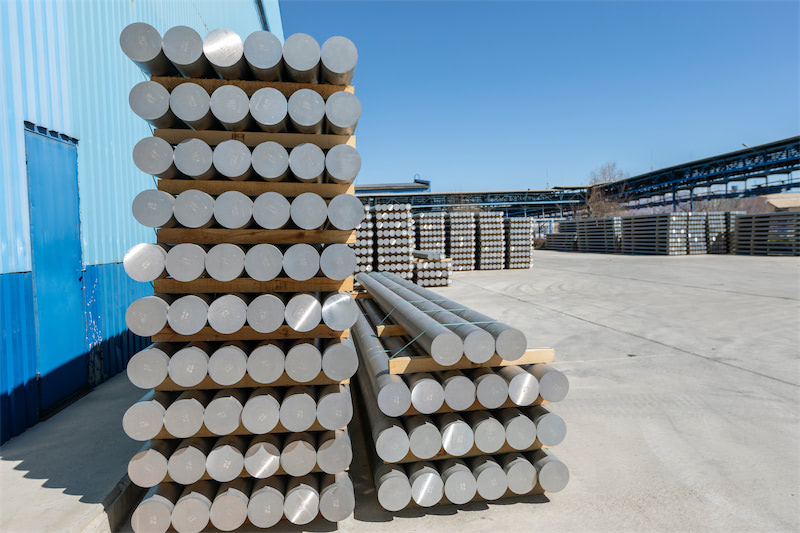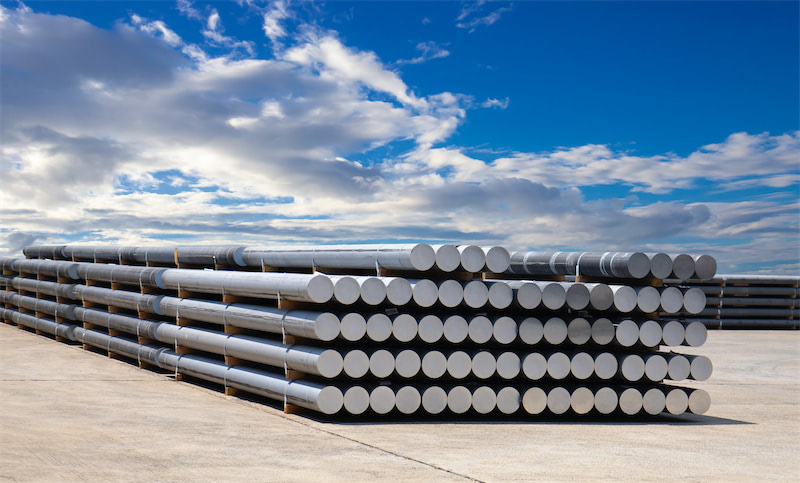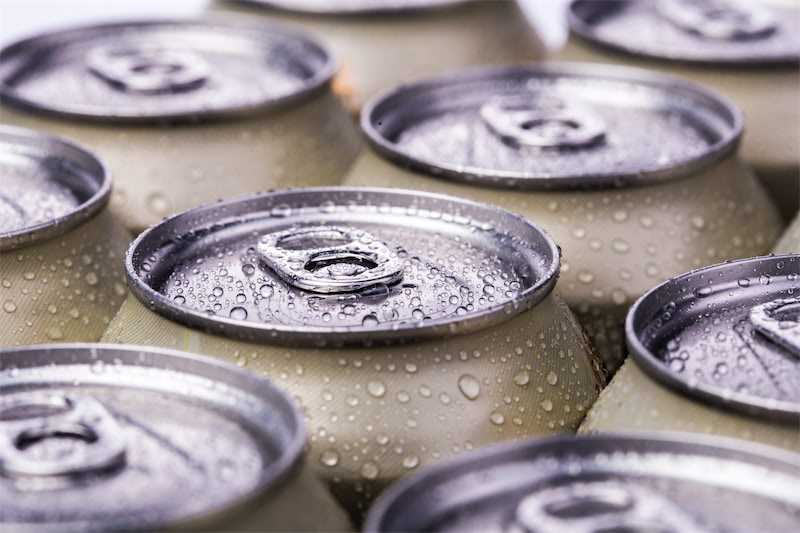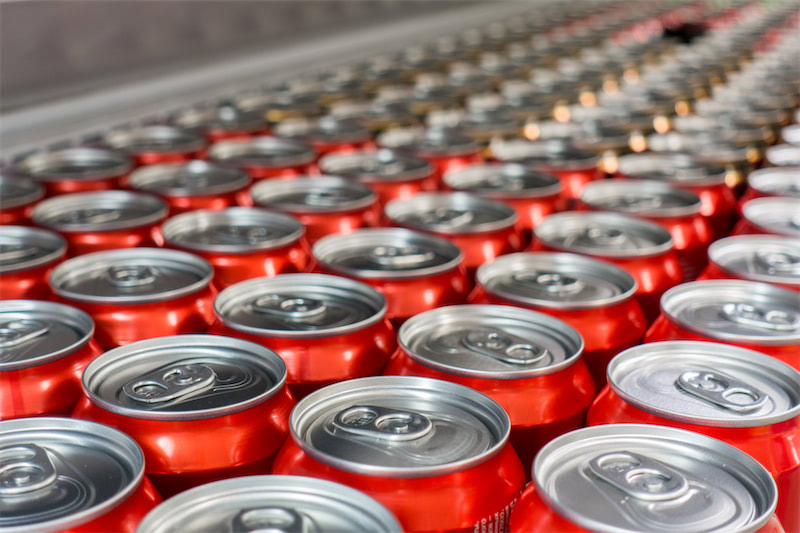According to related reports, Nichicon, the world's second largest aluminum electrolytic capacitor factory, has issued a notice of price increase across the board, increasing the original price by 10% for all products, and the new price will take effect on April 15.
High upstream cost pressure and low supply in the lower reaches are the core reasons for this price increase.
Nikon said that on the one hand, the global consumer market demand is gradually improving, aluminum electrolytic capacitors continue to be in short supply, and the company is increasing equipment to expand production capacity; on the other hand, the prices of upstream materials such as aluminum foil and formed foil have repeatedly hit record highs, and logistics costs have soared, making the company unable to bear the cost pressure.
At the same time, peers also began to scrub their hands to brew price increases.
Lilong revealed that negotiations with customers are coming to an end, but will not immediately follow up the price increase, plan to first observe whether Nikon can successfully increase the price, and then decide whether to follow up, temporarily determine the specific time and range of price increase;
Kamei said that as aluminum prices continue to rise, they have communicated with customers on price issues before, and will adjust the price according to the specific circumstances of customers, and will not increase the price in an all-round way.
As for the global leader Nippon Chemi-Con, there has been no price increase recently, but in fact, the company has raised its offer twice in September and December last year, also because of the need for transmission costs.
The demand for new energy downstream has increased rapidly, and the compound growth rate of the industry has reached 23%.
In terms of the cost of aluminum electrolytic capacitors, aluminum foil and electricity prices together account for more than 50%. With the rise in international aluminum prices, aluminum foil has followed up; manufacturers of superimposed aluminum capacitors are usually not in the same location as semi-finished electroplating products, and transportation costs also have an impact on the cost structure of aluminum capacitors.
In addition, driven by the development of new energy vehicles and photovoltaic, the demand for capacitance hormone rises.
The capacitor is the core foundation of the inverter to form the original. In the inverter of photovoltaic and new energy vehicles, a large number of DC-LINK bus capacitors are needed on the DC side, followed by filter capacitors in AC measurement to further increase the demand for aluminum electrolytic capacitors.
With the growth of photovoltaic installed capacity, electronic applications such as intelligent cockpit of new energy vehicles are gradually increasing, and the demand for aluminum electrolytic capacitors will be further increased. China International Capital Corporation estimates that the global market for aluminum electrolytic capacitors for new energy applications will reach 6.5 billion yuan in 2025, with a five-year compound growth rate of 23%.
Today, thanks to production costs and supporting advantages of the industrial chain, industry capacity is also continuing to transfer to China. In 2020, Aihua Group and Jianghai ranked fourth and fifth in the global aluminum electrolytic capacitor market respectively.
Huaxi Securities expects that in the context of peer or overall price increases, local aluminum capacitor manufacturers are expected to start raising prices to transmit cost pressure.
It is worth mentioning that Jianghai shares issued a quarterly report for 2022 on the evening of the 28th, which mentioned that the industry maintained a high demeanor, with strong demand for new energy, electric vehicles, industrial automation and other market applications; the net profit is expected to reach 112 million-120 million yuan during the reporting period, an increase of 35% over the same period last year.



